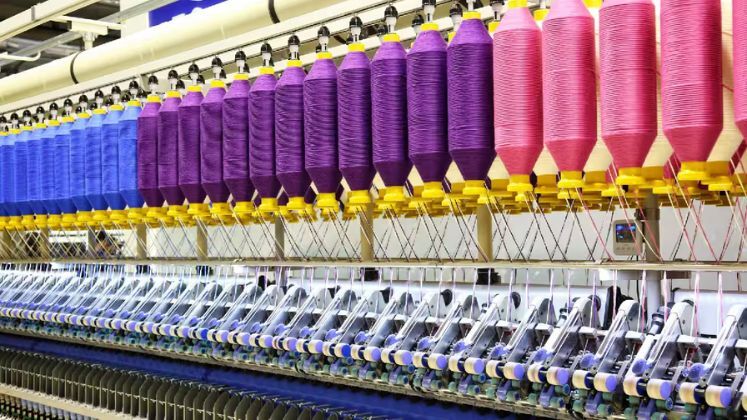
Apparel and textile companies in India have seen the free trade agreement (FTA) with the UK as a great opportunity which will elevate the industry. Important players from the industry have shared their enthusiasm and optimism on the signing of the FTA.
“The UK-India FTA marks a great opportunity for the Indian textile players. With Indian textiles and garments becoming duty-free in the UK, the industry has a real chance to grow exports and create more jobs domestically,” said Suketu Shah, CEO of Vishal Fabrics Ltd., a denim manufacturing and fabric processing unit.
He further said, “At Vishal Fabrics, we have already been exploring new international markets, and this development supports that direction. As global sourcing patterns shift, we believe India has a bigger role to play in supplying quality textiles to the world, and we at Vishal Fabrics are anticipating this to be a greater opportunity in our further journey of new developments,”
In a similar vein, Ramesh Agarwal, Whole-Time Director of leading knitwear brand, Rupa & Company Limited opined that, “The UK-India Free Trade Agreement is a key step forward for India’s textile sector. Being one of the leading knitwear manufacturers in India, we see this as an opportunity to boost exports, attract more investment for the textile value chain, and generate more employment domestically.”
He added that, “Duty-free access will enhance the competitiveness of Indian products which will enable a more level playing field with countries like Bangladesh, Vietnam, and China. Beyond trade, the FTA creates a more enabling business environment by simplifying customs procedures and streamlining standards, which will enable Indian manufacturers to confidently deliver quality and compliance. At Rupa, we are optimistic that this agreement will pave the way for deeper partnerships, innovation-led growth, and long-term value creation for the entire ecosystem.”
Dr. Mukesh Kansal, Chairman, CTA Apparels had a similar view, stating, “The India–UK Free Trade Agreement marks a landmark moment for India’s textile and apparel sector. The removal of import duties offers Indian exporters a competitive edge in a mature and high-value market like the United Kingdom.”
He added, “This agreement is poised to unlock higher export volumes, stimulate capacity expansion, and attract new investments into the industry. It provides a timely impetus to manufacturers aiming to strengthen their presence in global supply chains.”
In conclusion, Kansal said, “Beyond the commercial upside, the FTA is expected to generate employment, foster domestic value addition, and promote the adoption of sustainable and ethically aligned manufacturing practices in line with international benchmarks.”






